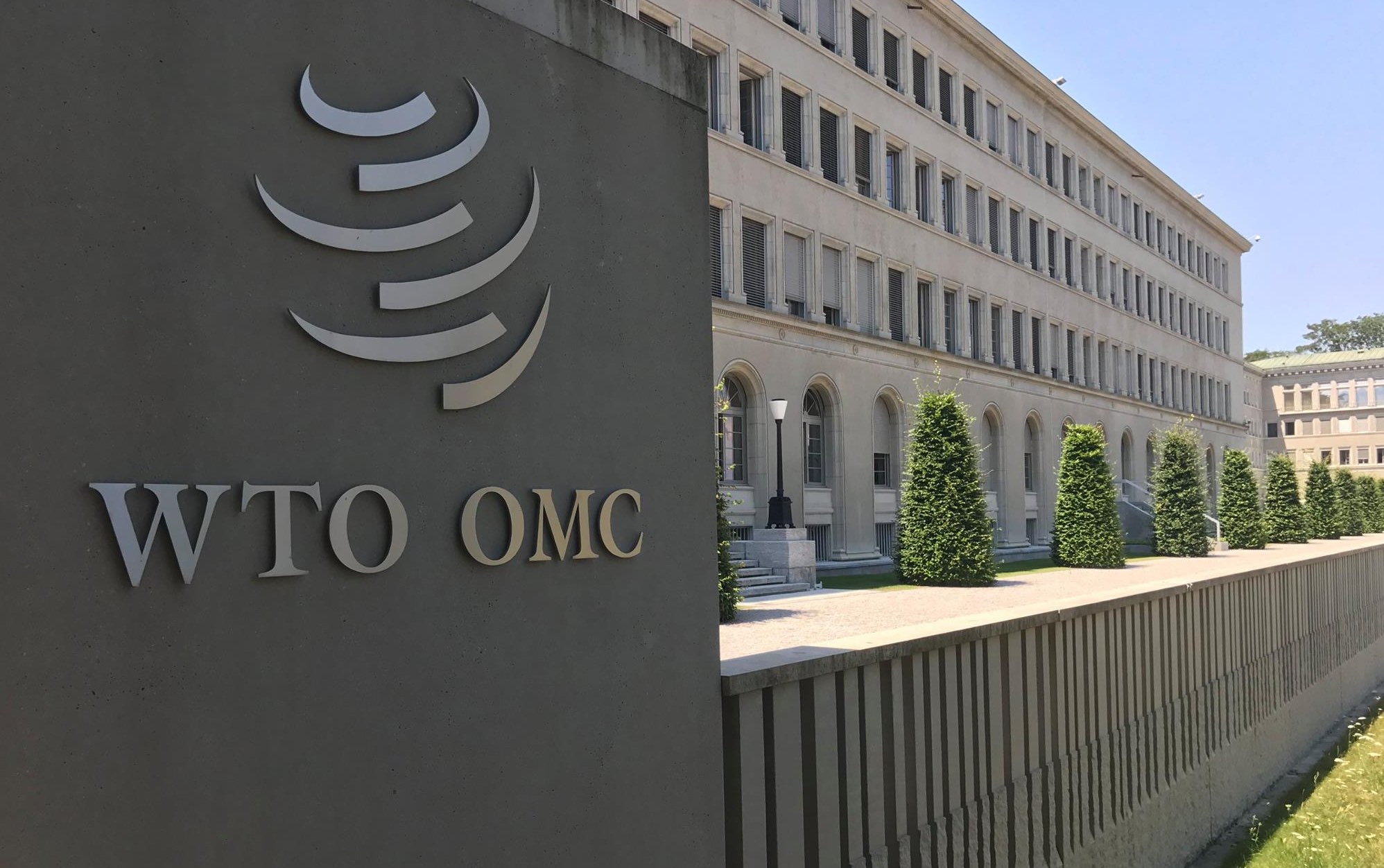As of today (Dec. 10), the dispute settlement mechanism of the World Trade Organization (WTO) has been crippled, as its Appellate Body (AB) has been left with less than three members on the seven-member body. The U.S. government has blocked the WTO from appointing new members, leaving the AB without the minimally required number of judges to hear appeals in trade disputes.
IFPRI researchers Joe Glauber, David Laborde, and Marie Parent have already warned about this risk to the credibility and stability of the multilateral trading system. It could have major consequences for the food system, they wrote, as “escalating disputes over food products could potentially have a severe human cost for countries that rely on food trade, exacerbating hunger and eroding food producers’ income.”
The WTO’s mechanism to settle trade disputes has been active and mostly effective, reviewing dozens of cases a year. When one country is found to have suffered from another’s trade practices, the WTO may allow the aggrieved country to recoup losses through retaliatory tariffs. In October, for instance, the WTO gave the U.S. permission to add tariffs on European export products to a value of up to $7.5 billion per year, after its verdict that Europe had illegally subsidized Airbus.
This capacity to enforce rules and settle disputes is unique for multilateral arrangements and has provided credibility to the WTO. Former WTO director general and incoming IFPRI Board member Pascal Lamy has called the mechanism the WTO’s crown jewel.
The U.S. accuses the WTO dispute system of “judicial overreach,” i.e., interpreting the trading rules in a way that creates new obligations for members. This has been the U.S. government’s main argument to block new appointments to the AB, no matter that it has won quite a few of the disputes it has brought before the WTO.
Without a functioning AB, the dispute mechanism will be seriously impaired. Disputes can still be brought before the WTO; however, if there is an appeal, without the AB to hear the case, a dispute is in effect on hold indefinitely. Disputing parties could seek alternative ways to arbitrate their differences, but—given today’s atmosphere of heightened trade tensions—the crippling of the world’s primary trade referee could well be the harbinger of more tit-for-tat tariff wars.
Weakening the enforceability of global trade rules will also put smaller and poorer countries at a bigger disadvantage in the trading system, leaving them at the mercy of bigger players.
Rob Vos is the Director of IFPRI’s Markets, Trade and Institutions Division (MTID)







